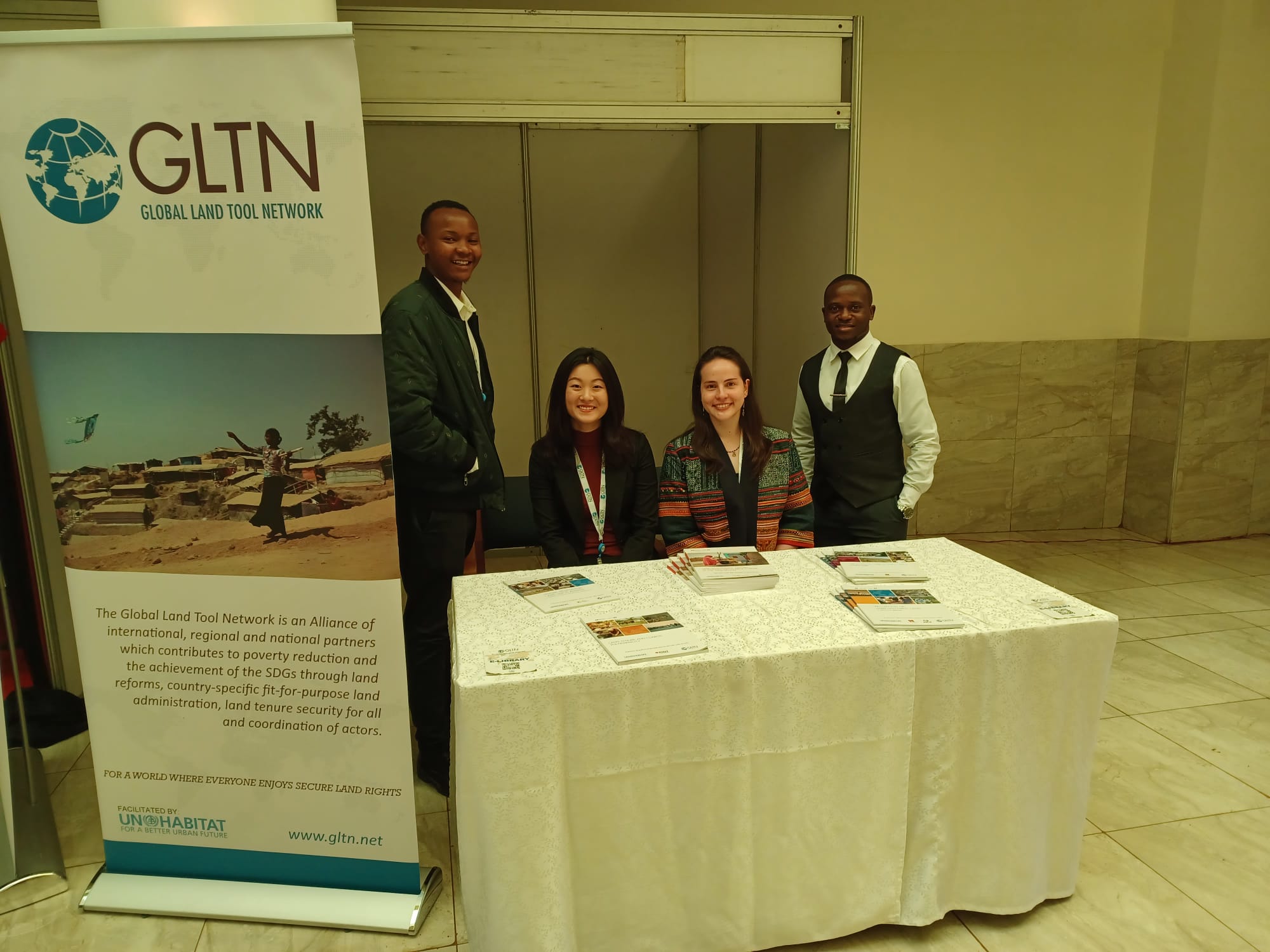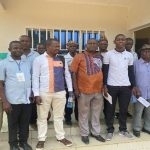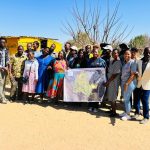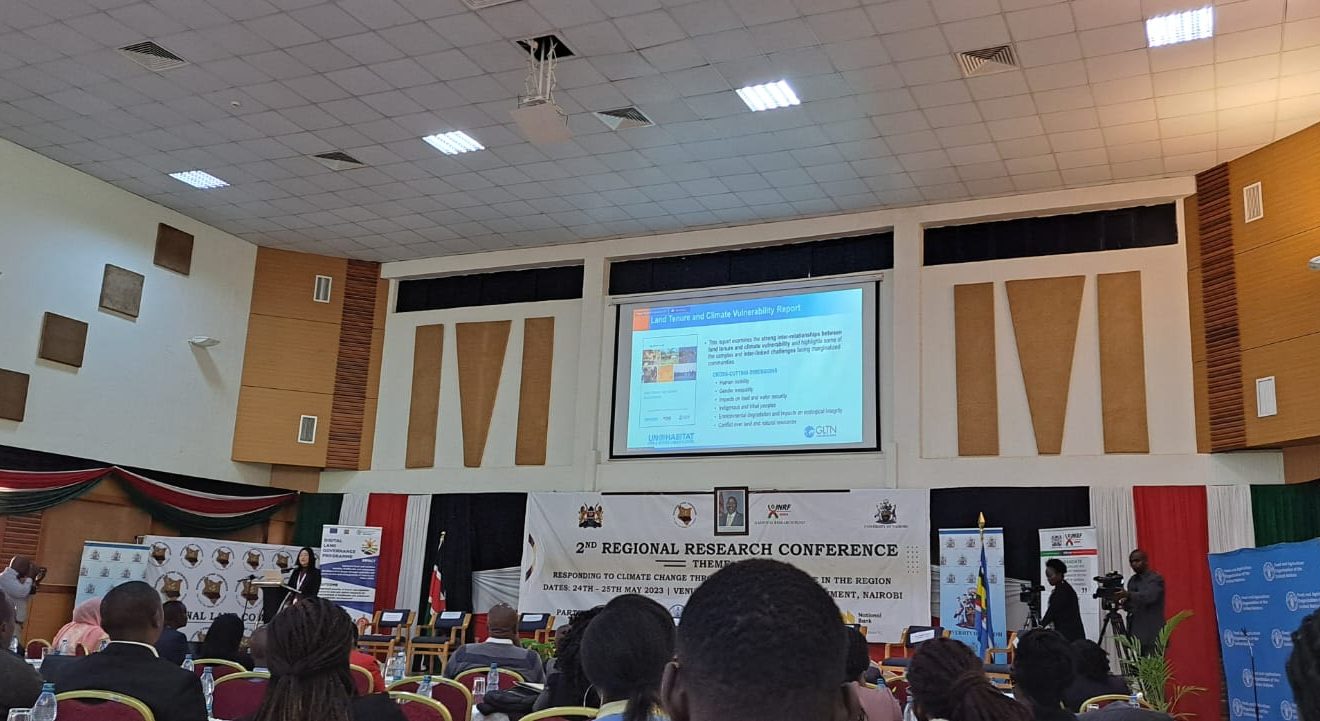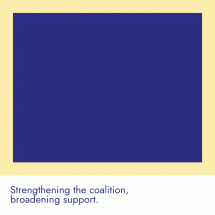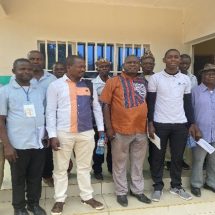Further to discussions on the sidelines of the 9th GLTN Partners’ meeting held in Nairobi on 2-4 May 2023, GLTN was invited by the National Land Commission of Kenya to attend the 2nd Regional Research Conference, themed “Responding to Climate Change through Land Governance in the Region,” at the Kenya School of Government on 24-25 May 2023. The hybrid event was organised jointly by the National Land Commission, National Research Fund (NRF), Kenya’s Ministry of Environment and Natural Resources, the Institute of Climate Change and Adaptation, University of Nairobi, and featured researchers in the fields of land governance and climate change who disseminated findings from the completed research and expert knowledge among a wider audience comprising of the stakeholders from the sector, policy makers, and academia.
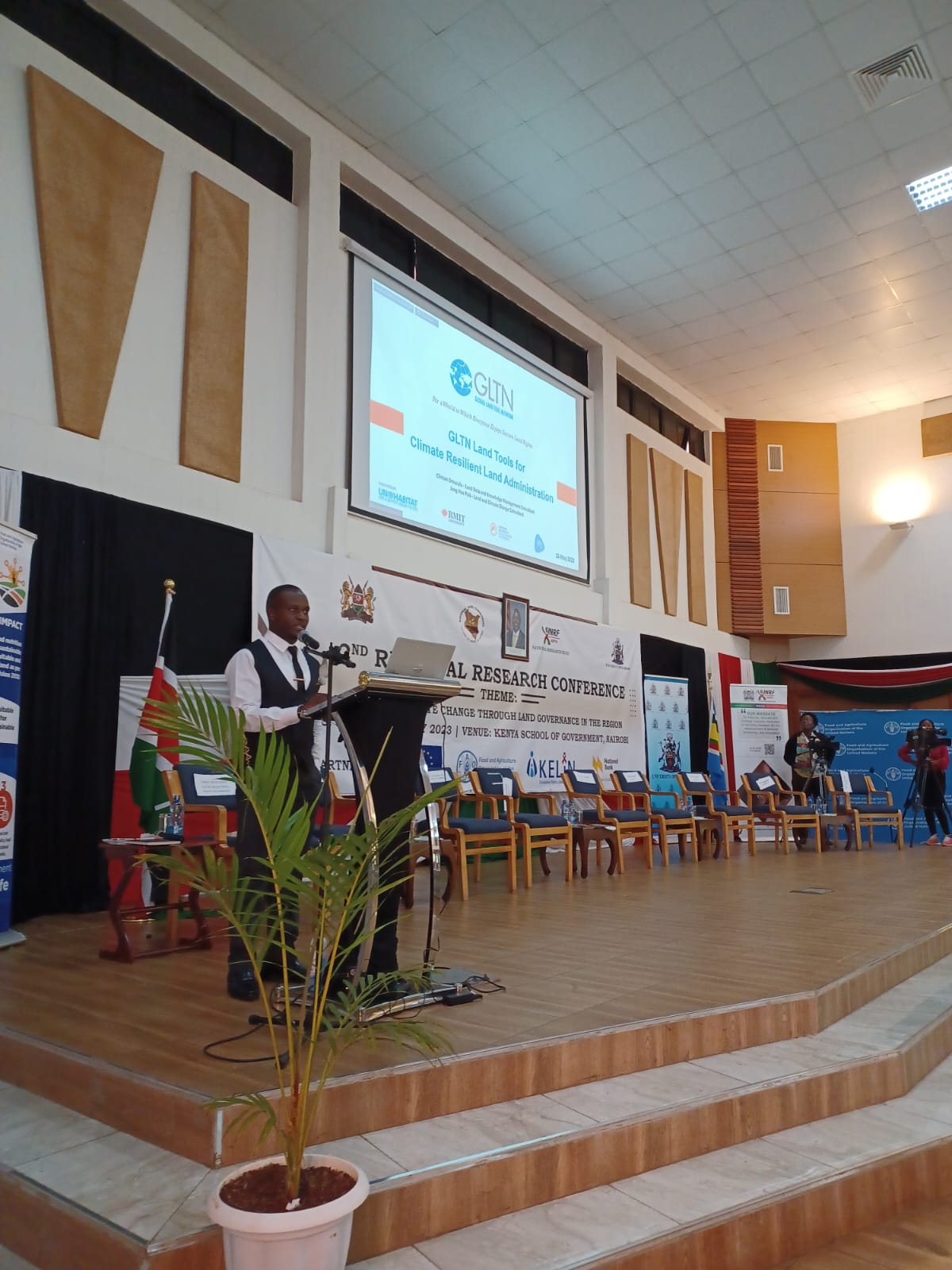
The objectives of the Research Conference were:
1. To collate, synthesize and share knowledge related to Land Governance and Climate Change – Adaptation, Mitigation, Financing, Capacity building and Technology with relevant stakeholders;
2. To take stock on the efforts that have been undertaken by the relevant actors to mainstream climate change into land governance and sustainable management;
3. Identify opportunities and challenges in climate change mainstreaming in land governance in
the region;
4. Assess progress on carbon trading in the region;
5. Provide platform for land sector and climate change actors to exchange Knowledge, ideas and experiences regarding mainstreaming climate change adaptation, Mitigation, Capacity Building and Technology in land governance in other jurisdictions; and
6. To generate policy recommendations to support mainstreaming of climate action in the region.
During the conference, the GLTN network and its tools were introduced to the participants, who were drawn from government ministries and state agencies, development partners, academia, research institutes, and NGOs. In particular, GLTN’s work on climate change such as the Land Tenure and Climate Vulnerability Report and the Climate-Resilient Land Administration Tool (soon to be published) – as well as other GLTN Land Tools, including Fit-for-Purpose Land Administration, Tenure Responsive Land Use Planning, Valuation of Unregistered Land, the Continuum of Land Rights approach, and the Social Tenure Domain Model (STDM) were presented.
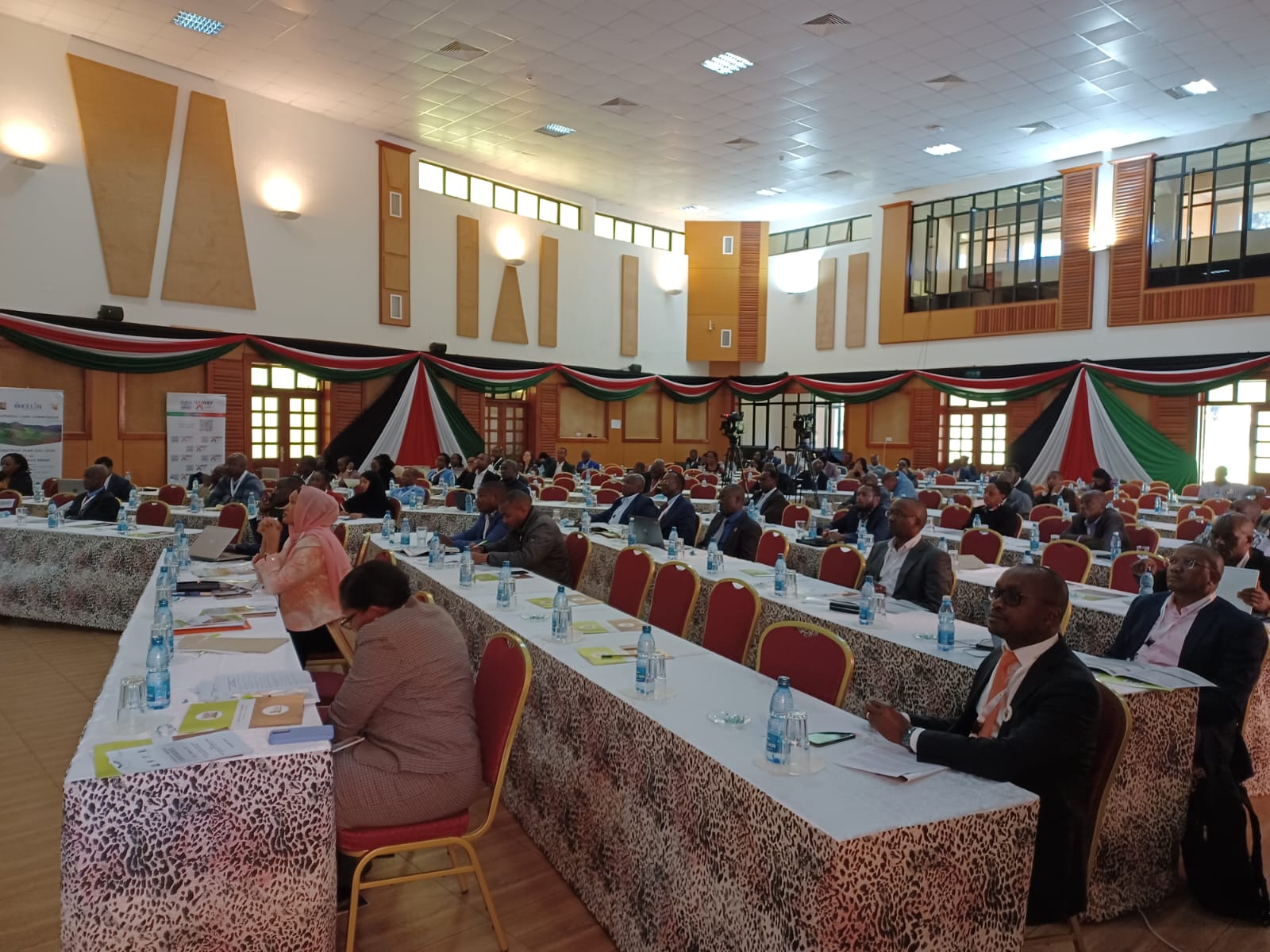
There were strong interests in the work of GLTN and its land tools, and requests for trainings of certain land tools by the commission, universities, and other organizations. There were discussions on how to engage with the national government in implementing the Climate-Resilient Land Administration Tool and its impact on land policies and frameworks. There were also engagements and exchange of contacts with researchers and experts in the field of women’s land rights. GLTN and National Land Commission of Kenya will be taking this partnership forward in the region to further engage in discussions on how we can collaborate in better land governance responding to climate change as well as other thematic areas such as gender and youth.
The outcomes of the Research Conference include:
A. Conference Research Report comprising:
a) General organization of the conference;
b) Efforts undertaken by the relevant actors to mainstream climate change into land governance and sustainable development;
c) Opportunities and challenges in mainstreaming climate change in land governance in the region;
d) Policy recommendations to support mainstreaming of climate action in the region.
B. Book of Abstracts and Conference Papers
The Research Conference was well attended by more than 100 in-person and online participants from the region.
